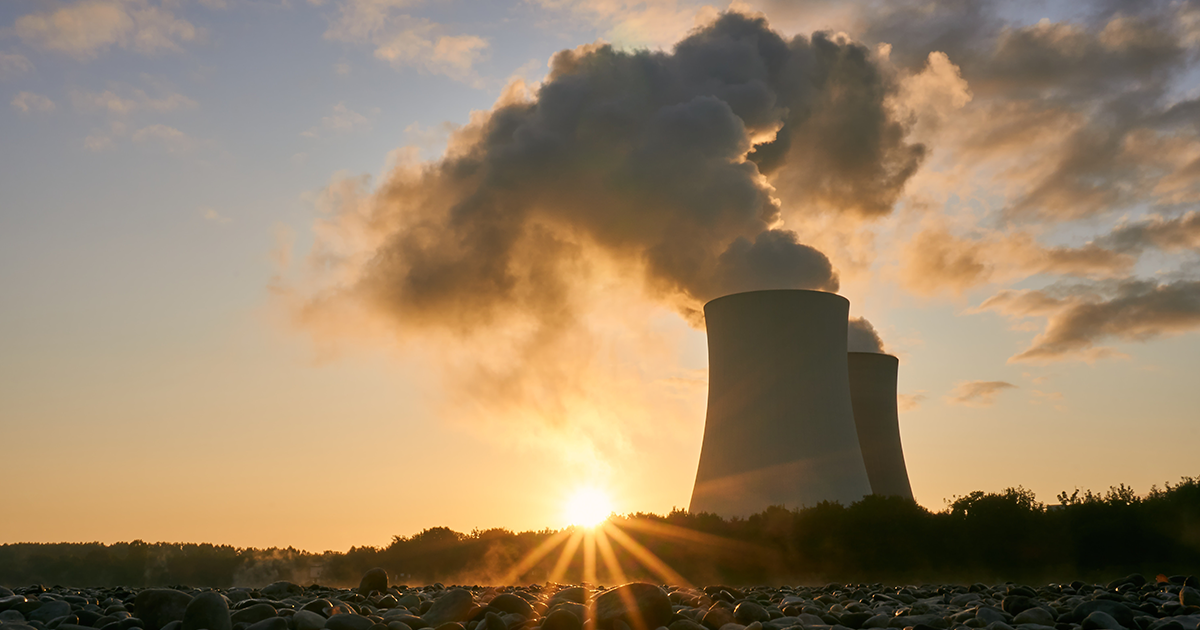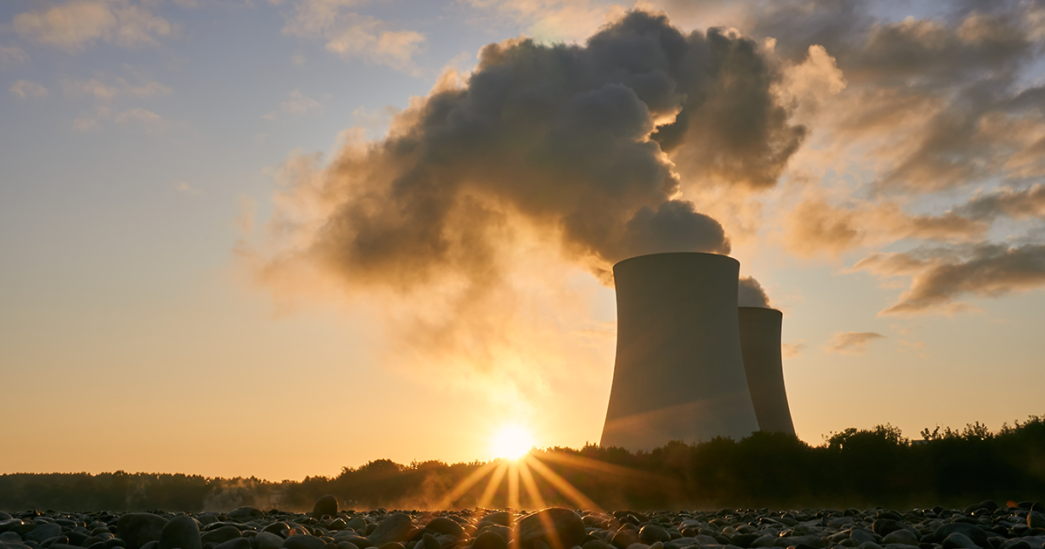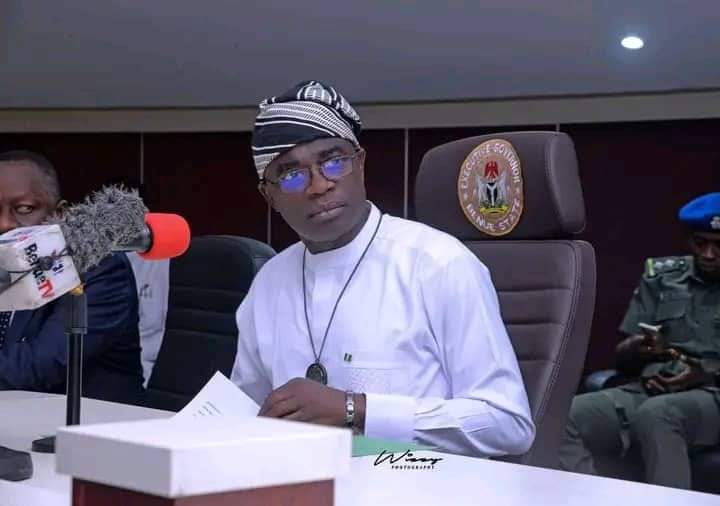BY DAVID BASSEY ANTIA
In the recent inaugural lecture delivered by the distinguished professor of nuclear physics, Professor Aniesua Essiett, at the University of Uyo on 24th April, a startling revelation was made to the dismay of an attentive and intellectually conscious audience, which is that, Nigeria contributes virtually nothing to global nuclear energy generation. According to the inaugural lecturer, among the 440 nuclear reactors operational across about 32 countries, South Africa contributes approximately 1% to global nuclear energy output; France, an astonishing 65%; the United States and Russia, 18% each; and Ukraine, 50%, among others.
The 2020 report of the World Bank revealed a grim reality, 85 million Nigerians, representing 43% of the population, lack access to electricity. Correlatively, the World Bank asserts that the persistent inadequacy of reliable power has stifled economic productivity, estimating annual economic losses at between 5% and 7% of GDP—equivalent to a staggering US$25 billion. As of last year, Nigeria’s total power generation stood at a mere 5,296.89 MW, an abysmally low figure for a nation of over 200 million people.
By contrast, the United States’ total annual energy production has exceeded its annual consumption since 2019. In 2023, production reached approximately 102.83 quads, while consumption was about 93.59 quads. Of this, nuclear energy accounted for roughly 9% (8.10 quads) of U.S. total energy consumption. These statistics should jolt Nigeria from its complacency and spur a more intellectually courageous engagement with nuclear power—rather than the chronic overcautiousness that has characterised the national attitude.
Advertisement
Whenever nuclear energy initiatives have been proposed, the Nigerian populace has met them at the stormy intersection of public skepticism and vehement criticism, causing such projects to retreat into obscurity at the very mention of them. Yet, a successful deployment of nuclear energy could revolutionise Nigeria’s energy sector: a single 4,000 MW nuclear power plant would boost the national grid capacity from 11,165.4 MW to 15,165.4 MW—an increase of 35.8%. This would significantly alleviate Nigeria’s energy deficits, invigorate economic productivity, and substantially elevate the quality of life for millions of Nigerians.
Despite the ambitious promises outlined by Professor Matthew Agu, project manager of Nigeria Nuclear Power, when he addressed the people on the benefit of citing a nuclear power plant in their community, host communities such as Oku-Iboku in Itu local government area of Akwa Ibom state have responded with profound apprehension. The Akwa Ibom state house of assembly echoed this scepticism, quietly extinguishing the proposal after subjecting it to robust legislative debate – more fueling the idea to extinct with military dispatch. Other proposed locations—including Geregu in Kogi State, Agbaje in Osun State, and Shiroro in Niger state—similarly witnessed communal resistance.
The question which arises, is hereby asked – Is this resistance borne of primal fear, akin to a caveman shrinking from the first sight of fire, or of genuine, enlightened caution? The answer, to me, appears to lie somewhere between both extremes. Some citizens, armed with a clear understanding of Nigeria’s infrastructural fragility, rightly doubted the nation’s preparedness for such a venture. Others, trapped in ignorance, instinctively associated “nuclear” with catastrophe—equating it with Hiroshima, devastation, and ancestral desecration.
Advertisement
To these two groups, Professor Essiett offered a compelling admonition. To the cynics, he invoked Genesis 1:3—“Let there be light, and there was light”—arguing that this divine proclamation could be interpreted as the establishment of the first nuclear reaction through nuclear fusion, a phenomenon that contemporary scientists still strive to replicate. To those paralysed by safety concerns, he reassured them of Nigeria’s institutional readiness: in 2017, Nigeria signed a pivotal agreement with Russia for the construction of two nuclear plants, cumulatively generating 4,400 MW. More recently, Nigeria has strengthened collaborations with China under the Belt and Road Initiative, explicitly targeting human capital development and nuclear energy partnerships.
Furthermore, Nigeria has established critical regulatory frameworks. The Nigerian Nuclear Regulatory Authority (NNRA), formed in 1995 under the Nuclear Safety and Radiation Protection Act, has been operational since 2001. The NNRA has since promulgated a series of robust regulations, ensuring nuclear safety across sectors such as industrial radiography, nuclear medicine, and radiotherapy. Nigeria is also investing in long-term solutions for nuclear waste management, illustrating a growing seriousness about the broader ecosystem of nuclear responsibility.
One salient point remains and it is that, the cost of uranium, the primary fuel for nuclear reactors, is comparatively low relative to coal and natural gas. Although the initial capital investment for a nuclear facility is undeniably high, the operational costs are remarkably low, especially considering the typical 60-to-80-year lifespan of a nuclear plant. This economic reality makes nuclear energy not only viable but strategically advantageous for Nigeria’s long-term energy ambitions.
Nigerians must urgently reimagine nuclear energy beyond the shadows of fear. Nuclear science has already permeated our lives in profound ways: the endoscopy machines at Ibom Multi-Specialty Hospital in Uyo, digital fluoroscopy, brachytherapy treatments for cancer, and radionuclide therapy all harness nuclear science to save lives. If we can embrace these technologies in healthcare, why recoil from leveraging nuclear energy for national development?
Advertisement
The federal government must heed Professor Essiett’s clarion call: invest heavily in scholarships, research funding, and infrastructural development for nuclear science and engineering. Nigeria cannot afford to slumber any longer. It is time to rise, embrace the nuclear future, and pay obeisance to God’s eternal instruction of “Let there be light”
David Bassey Antia is the president, Council of Topfaith University Students. He can be contacted via [email protected]
Views expressed by contributors are strictly personal and not of TheCable.









